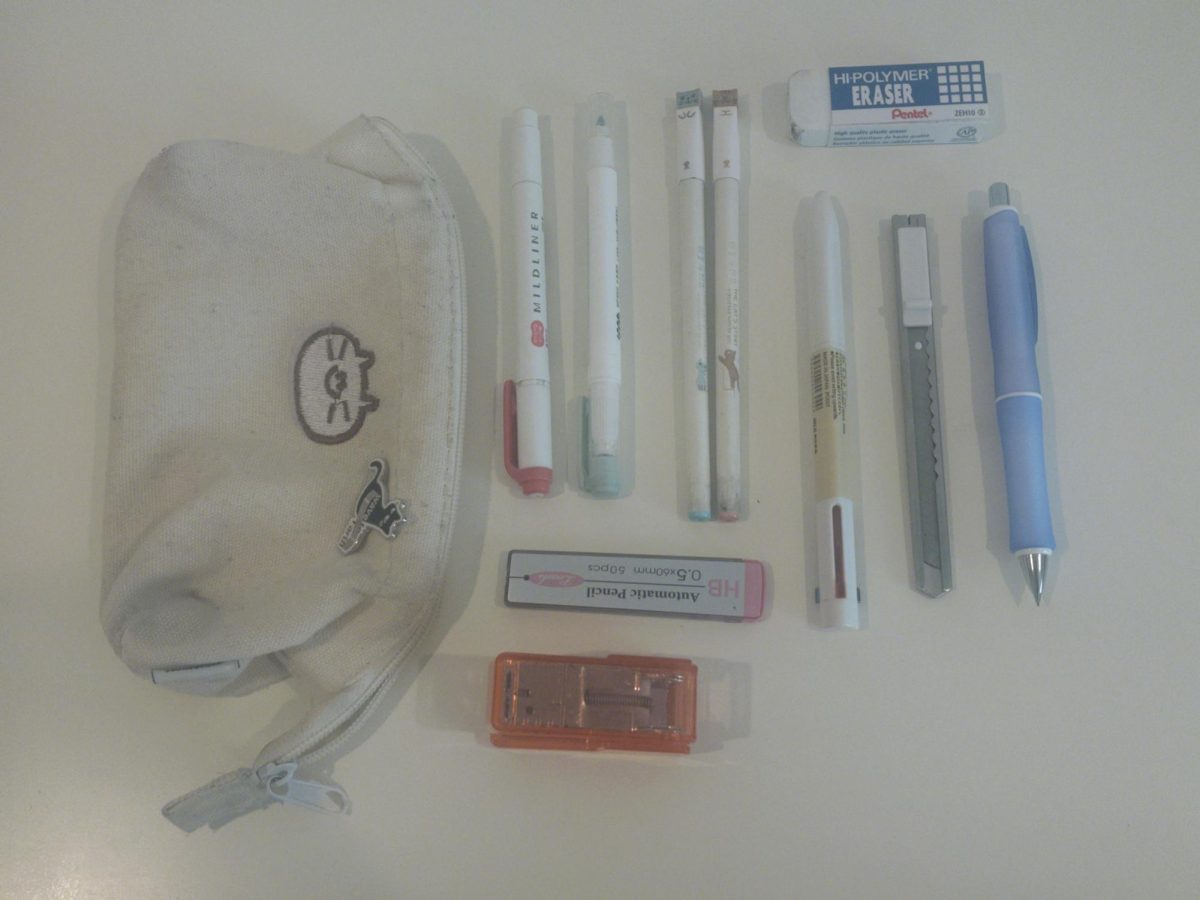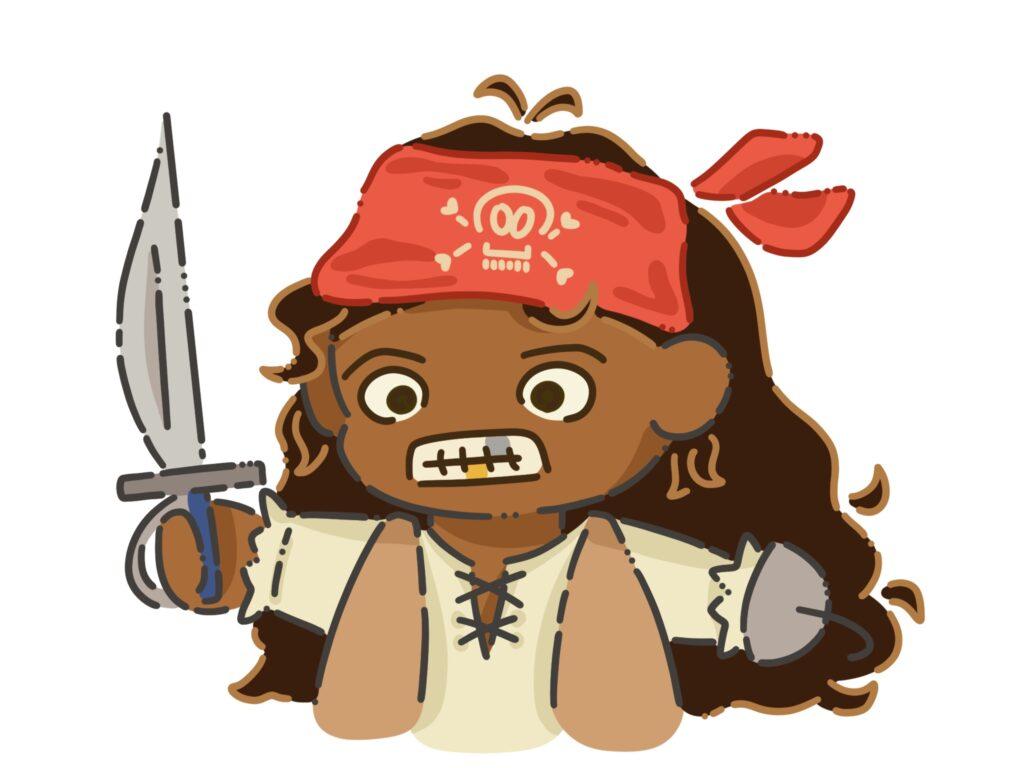As a senior, I have copious amounts of work to do. This fact does not pair well with my identity as a master procrastinator. I’ve found that, if I’m doing homework in my room, I’m easily distracted by anything — for instance, I’d rather organize Expo markers than finish my work.
Because of this, I’ve realized I have to do my work outside of my house: in libraries, cafés, and most recently, bookstores. In my recent foray into Barnes and Nobles, I discovered a shocking truth about our contemporary reality: To read a new book, you’re likely to pay at least $20 for a hardcopy and around $5-$10 for an eBook (depending on when the book was released).
My jaw dropped. How is this acceptable? When did this become the norm? Literature is crucial for human development, and you’re telling me that our capitalist overlords have decided that destroying our brain through mindless scrolling costs the low, low price of FREE ($0), but pursuing actual intellectual growth can cost up to $35 for a Penguin Classics hardcover?
The American citizen in me couldn’t take this. What happened to life, liberty and the pursuit of happiness? How can I pursue happiness if my favorite book drains all the cash in my wallet? This is especially so since I’m unemployed and have no way to pay these exorbitant prices other than my parents’ generosity.
You’ve probably experienced a crisis similar to this if you enjoy reading. The important thing is that piracy saves you money and time, and these sites enable you to test the waters with any book you hope to purchase, even if you are unsure whether it is worth it. Fear not — I have some pearls of wisdom for you in the form of links in order to access literature and media online for free. There are plenty legal (and some not-so-legal) options, and it’s up to you to choose which to use to access your favorite content.
- Hoopla
Hoopla enables users to access content through their local library, including movies, TV shows, music, eBooks, and audiobooks. You can access this content for free through their local libraries, meaning that only an SCCLD library card is needed to access all of these wonderful resources.
- Libby
Libby is a similar application to Hoopla and a perfectly savory, legal way to check out books and other resources for a limited time through the Saratoga Library.
The only downsides to Libby and Hoopla are that they function like a regular library — the only available titles are those offered by the library, and you can only access the work through the platform (you can’t download it). Additionally, you can only check these out for a limited amount of time. These next few options are slightly (entirely) less legal, but get past many of the aforementioned annoyances of Libby and Hoopla.
If you enjoy contemporary works of fiction published as recently as weeks ago, take a look at OceanOfPDF. I’ve yet to find a SINGLE book that OceanOfPDF doesn’t have, and I love the fact that it has classics as well as the latest TikTok novels. Additionally, it’s virus-free (to my knowledge).
Have you ever wanted to do your AP U.S. History or AP Environmental Science notes, but realized you do not have your textbook with you and therefore are unable to do your homework? Never again. LibGen, or library genesis, enables you to access fiction, nonfiction and academic writing (though you can’t use it at school, because of ‘copyright infringement’). I would recommend simply downloading all of your textbooks and uploading them to your Google Drive at the beginning of the year for easy access.
Internet Archive is a great way to access almost all forms of media, with over 100,000 movies, 15 million songs and 2.6 million TV archives.
As modern, information dependent consumers, teens need to know where to access the key information contained in books. One of the greatest parts of the internet is the way it democratizes information that was once hidden from the masses. Readers of the world, unite and avail yourselves of what is rightfully yours!



























